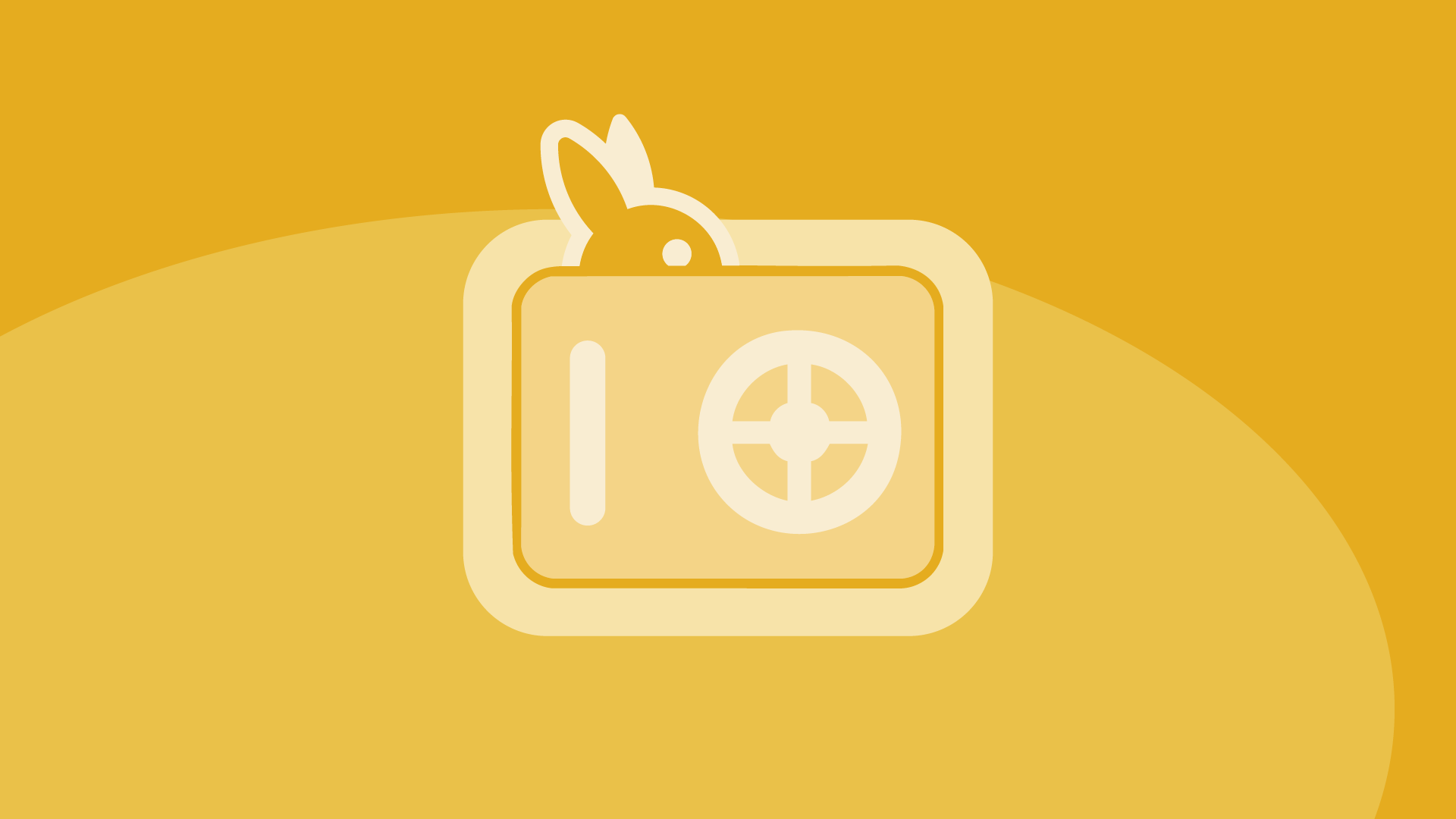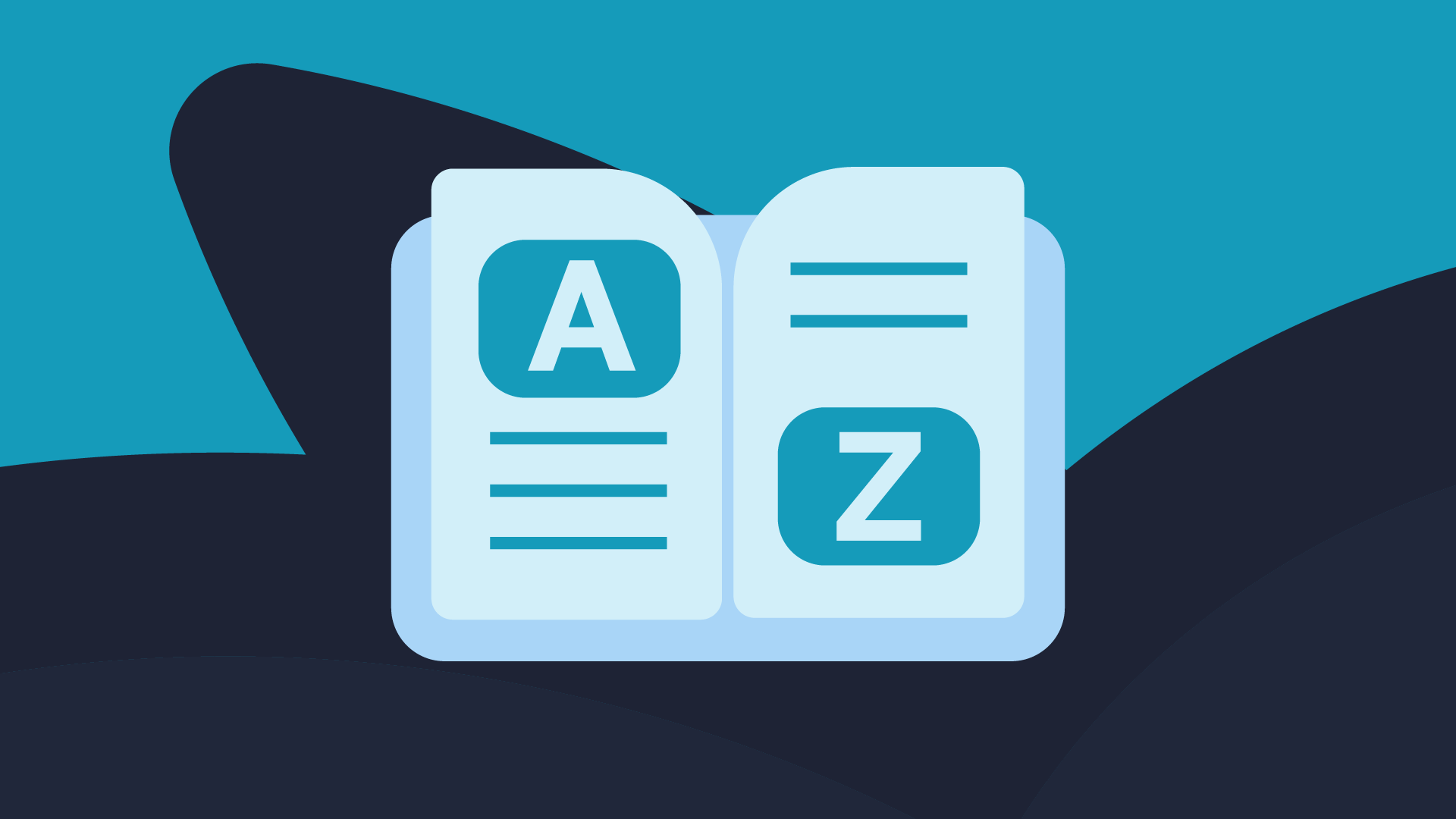You've probably heard "Web3" tossed around a lot lately. It's the next phase of the internet, built on blockchains, run by users, not corporations. In this world, you own your data and can interact directly with decentralized apps.
To get started, you need one thing above all: a wallet.
In Web3, a wallet isn't just a place for crypto. It's your passport, your ID, and your key to everything on the decentralized web.
What a Web3 Wallet Actually Does
A common misconception: your wallet doesn't store coins or NFTs inside it. Those live on the blockchain. What your wallet keeps are private keys, the cryptographic proof that you own those assets.
Each wallet gives you two keys:
- Public key (wallet address): like your home or email address. Safe to share so others can send you assets.
- Private key: the real key to your house. Never share it. It lets you move, sell, or sign for your digital assets.
What You Can Do With It
Your Web3 wallet is the control center for your digital life. It lets you:
- Send and receive crypto or NFTs using your wallet address.
- Log in to apps by connecting your wallet, no new usernames or passwords.
- Use decentralized apps (dApps): from NFT marketplaces to games and decentralized exchanges.
- Own your identity: your wallet address becomes your unique identity online.
Custodial vs. Non-Custodial Wallets
When choosing a wallet, you're deciding who holds your keys.
1. Custodial Wallets: someone else holds your keys
- You sign up with an exchange or company that manages your keys.
- Pros: convenient, recoverable if you forget your password.
- Cons: you're trusting a third party. If it fails or gets hacked, your funds are at risk.
2. Non-Custodial Wallets: you hold your own keys
- You receive a 12 or 24-word seed phrase that unlocks everything.
- Pros: complete control and ownership.
- Cons: if you lose that phrase, there is no recovery.
This is the source of the Web3 saying: "Not your keys, not your coins."
Finding the Right Wallet
Different wallets support different blockchains.
- MetaMask is popular for Ethereum.
- Phantom is common for Solana.
- On the XRP Ledger (XRPL), known for fast, low-cost transactions, you'll find Joey Wallet.
Joey is a non-custodial wallet designed for beginners. It combines full self-custody with helpful safety features like social-login recovery (powered by Web3Auth). You keep control of your keys without the constant fear of losing them.
With Joey, you can explore XRPL: hold assets, swap tokens, collect NFTs, and connect to dApps, all within seconds.
Your Passport to Web3
Your wallet is your ticket into the decentralized web.
Understand how it works, choose a wallet that matches your comfort level, and you'll step confidently into Web3, owning your identity, assets, and data for the first time.



